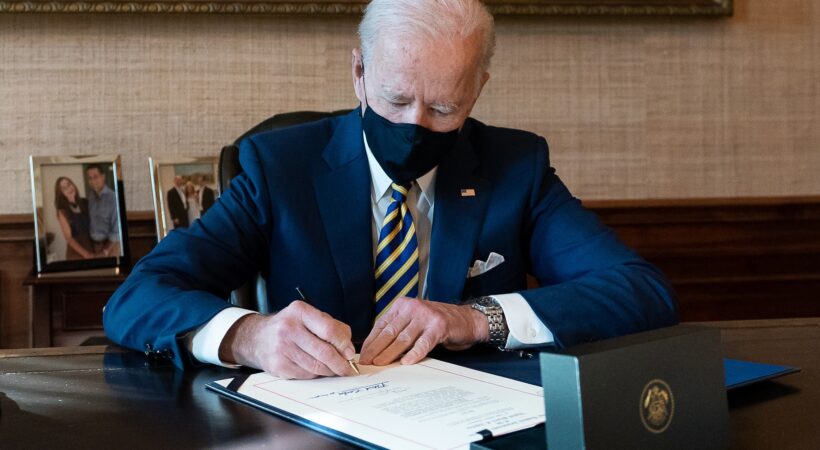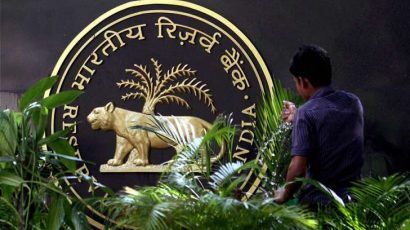What holds for Indians in Biden’s immigration reform bill

Phtoto: President Joe Biden, Facebook
President Joe Biden has sent immigration reform bill to Congress immediately after taking office.
Called as the US Citizenship Act of 2021, which modernizes the immigration system, the bill is expected to benefit tens of thousands of Indian professionals adversely affected by Trump’s immigration policies.
According to the top advisors of Joe Biden the immigration legislation, which will provide a path to citizenship for 11 million undocumented immigrants, including 500,000 from India, in an eight-year time frame.
Clearing green card backlogs
“This bill clears employment-based visa backlogs, recaptures unused visas, reduces lengthy wait times, and eliminates per-country visa caps,” according to a statement that detailed the immigration reform. The bill will also improve access to green cards for workers in lower-wage sectors and eliminate other unnecessary hurdles for employment-based green cards, the statement adds.
This would help an estimated 8.15 lakh Indians who is holding H-1B Visa and is in the green-card backlog list in the US. It would take approximately 84 years for most of them to get through the process through the current procedure.The worst would have been the cases of their children who number 11.57 lakh, a majority of whom would age out before getting a green-card, leading to a family separation if the old procedure persisted.
Work authorization of H-4 visa holders
The bill has urged the system to continue the functioning of H4 EAD (Employment Authorization Document) which allows the spouses of H-1B visa holders to work, which was not active during Trump administration.
H4 EAD was introduced by the Barack Obama administration in 2015.
As of December 2017, USCIS had approved 1,26,853 applications for employment authorization for H-4 visa holders. According to a 2018 report by Congressional Research Service (CRS), 93 per cent of approved applications for H-4 employment authorization were issued to individuals born in India, and five per cent were issued to individuals born in China.
Students
“The bill makes it easier for graduates of US universities with advanced STEM degrees to stay in the US,” the statement said.
This is good move as far as students who would like to stay back in the US under Optional Practical Training (OPT) is concerned, as it act as an opening to get H-1B visas in the US.
The new rules
The White House Chief of Staff, in a memorandum, said all the rules published by Department of Labor (DOL) in the Federal Register, but not taken effect, will be postponed for 60 days. Rules that have not been published in it will be withdrawn immediately for review and approval.
On January 12, the DOL had published the rule that would scrap prevailing computerized lottery system to grant H-1B work visas to foreign technology professionals and replace it with wage and skill-based selection process.
As per the modified H-1B selection process employers need to offer higher salaries for higher-skilled positions and establish a more certain path for businesses to achieve personnel needs and remain globally competitive.
According to the Economic Times, the employer-employee relationship in the H-1B non-immigrant visa program, will no longer be valid as it has not been published in the Federal Register.
The rule which was proposed by the US Department of Labor (DOL) on January 14 had made it mandatory for customers of US-based companies, that sponsor H-1B visa holders, to bear the obligations of an employer. Therefore the customers who hire H-1B workers from primary companies would also have to file for Labor Condition Applications (LCAs) and H-1B applications (referred to as petitions).















